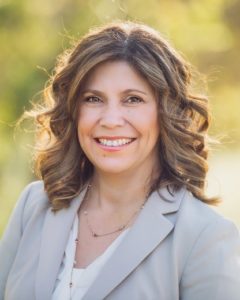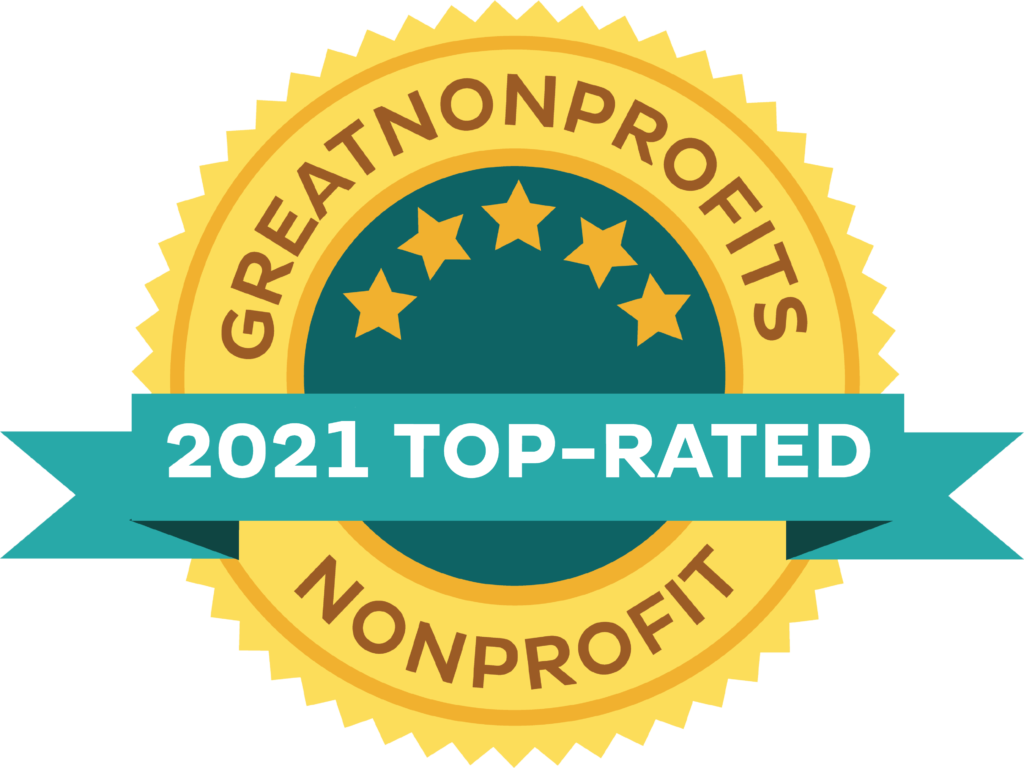Our request for publication of Mishko v. Kerr was granted! You can find the published opinion here.
Why the case is important:
This publication will clarify when a trial court does not enter findings under RCW 26.09.191(1) and therefore errs in granting joint-decision making. It will also outline what constitutes substantial evidence of domestic violence. Additionally, the opinion specifically addresses continuing restraining order requests under Ch. 26.09 RCW and clarifies that substantial evidence of a history of domestic violence requires a court to consider a litigant’s request for a continuing restraining order.
Summary of the case:
After a trial to modify a parenting plan, the trial court entered limitations against the opposing party (“OP”) finding that he had engaged in “abusive use of conflict.” The court found that communications toward the mother were abusive as well as cited several behaviors aimed at the minor child. The trial court noted OP had completed a domestic violence treatment program. The trial court also heard testimony about OP’s past domestic violence and admitted into evidence a current Domestic Violence Protection Order against OP (filed by a different intimate partner and mother of OP’s other child). However, no ultimate findings of “a history of domestic violence” were entered into the final parenting plan, and the trial court granted joint decision-making to the parties. The unambiguous statutory standard is that “a history of acts of domestic violence” mandates sole decision-making to the parent without a domestic violence finding.
The court agreed with FVAP that the trial court did not enter restrictions that limited joint-decision making despite substantial evidence of a history of domestic violence presented at the hearing and instructed on remand that the trial court must consider the request for a restraining order in light of that evidence



